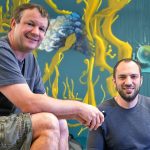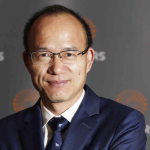Wang Ning: The Billionaire Behind Pop Mart’s Toy Empire
Wang Ning is the visionary founder and CEO of Pop Mart, the Chinese company that turned collectible vinyl toys and blind-box culture into a global craze. With a net worth exceeding $3 billion, he’s built a disruptive brand that has captivated Gen Z consumers and investors alike. But who is the man behind the empire, and how did he turn niche designer toys into a multi-billion-dollar global phenomenon?
From Advertising to Art Toys: The Rise of Wang Ning
Born in 1987 in Henan, China, Wang Ning didn’t start out in toys. After graduating university, he worked in advertising—until he spotted an untapped opportunity in China’s emerging designer toy scene. In 2010, he launched Pop Mart as a small retail store selling trendy lifestyle products. His breakthrough came in 2015, when he pivoted the brand toward blind-box collectibles, collaborating with indie artists to create limited-edition vinyl figures.
By 2020, Pop Mart went public on the Hong Kong Stock Exchange, with a market cap that at one point soared to $15 billion. The magic? Wang transformed toy collecting into a social, status-driven activity—fueled by rarity, influencer marketing, and emotional nostalgia.
The Business of Hype: Wang’s Net Worth and Strategy
Wang’s net worth makes him one of China’s most successful millennial entrepreneurs. Unlike many flashy billionaires, he’s known for reinvesting profits into Pop Mart’s IP ecosystem—rather than luxury purchases.
His fortune isn’t static. In 2023, a single collaboration with luxury brand Moncler boosted Pop Mart's stock and added $200 million to his wealth in a week. His strength lies not in just selling toys, but in engineering scarcity, artist-driven storytelling, and collector culture.
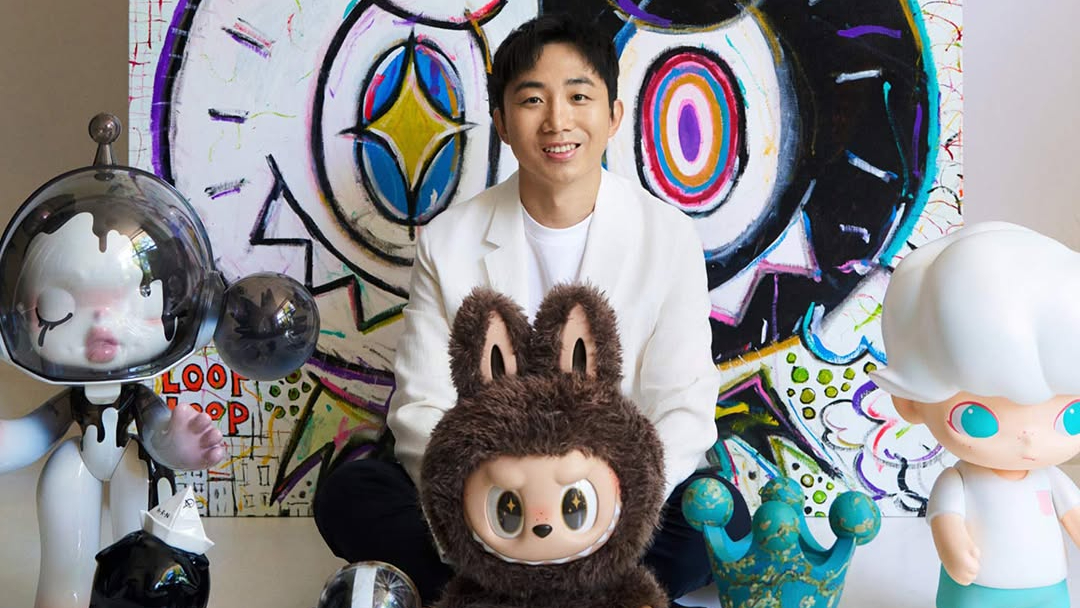
@forbesasia
Philanthropy: Quiet but Intentional
Wang rarely makes headlines for personal matters, but his social impact is growing:
-
Art Education: Scholarships at Beijing’s Central Academy of Fine Arts
-
Disaster Relief: 10 million RMB donated during the 2021 Henan floods
-
Cultural Preservation: Sponsorship of traditional Chinese puppet theater
-
Autism Advocacy: Funds therapy centers and employs special needs artists—some of whom now design Pop Mart collectibles
This blend of low-key philanthropy and values-driven hiring reinforces Pop Mart’s image as more than just a trend-driven brand.
Labubu: From Vinyl Toy to Cultural Icon
The mischievous, fanged character Labubu, created by artist Kasing Lung, has become a cultural sensation:
-
BLACKPINK’s Lisa showed off her 50+ Labubu collection online
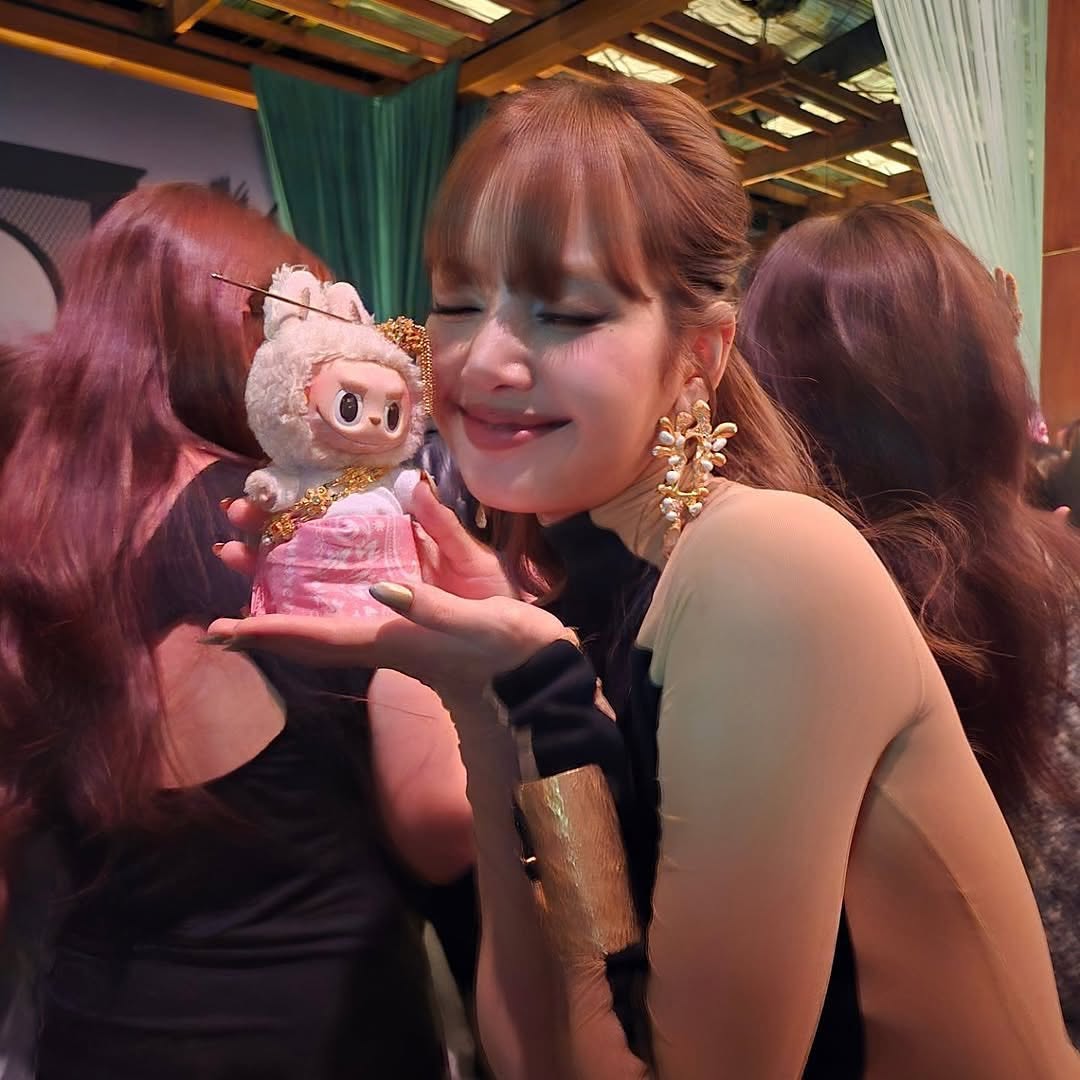
Lisa
-
Ariana Grande carries a custom Labubu mic charm
-
NBA star Kyle Kuzma brings Labubu to Lakers games
-
Takashi Murakami featured Labubu in a 2023 Tokyo art show
In a landmark moment, a rare "Skull Panda Labubu" sold for $28,000 at Sotheby’s—1,400x its original price. As one Shanghai collector told Vogue:
“Labubu isn’t a toy—it’s wearable art for Gen Z.”
LEGO’s Misstep: Why Pop Mart Couldn’t Be Cloned
Pop Mart’s rise hasn’t gone unnoticed. In 2022, LEGO launched Minifigure Mystery Boxes, clearly inspired by Pop Mart’s model. But the experiment fizzled. Why?
-
No Scarcity: LEGO’s figures lacked chase variants, dulling collector appeal
-
Lack of Artist Credibility: Pop Mart works with edgy artists; LEGO stuck to house designs
-
Cultural Disconnect: Chinese consumers viewed LEGO’s attempt as a Western knock-off
By 2023, LEGO quietly scaled back the project in Asia. Meanwhile, Wang doubled down on artist-first exclusivity, telling Forbes:
“You can’t fake cultural relevance. Either you create it, or you chase it.”
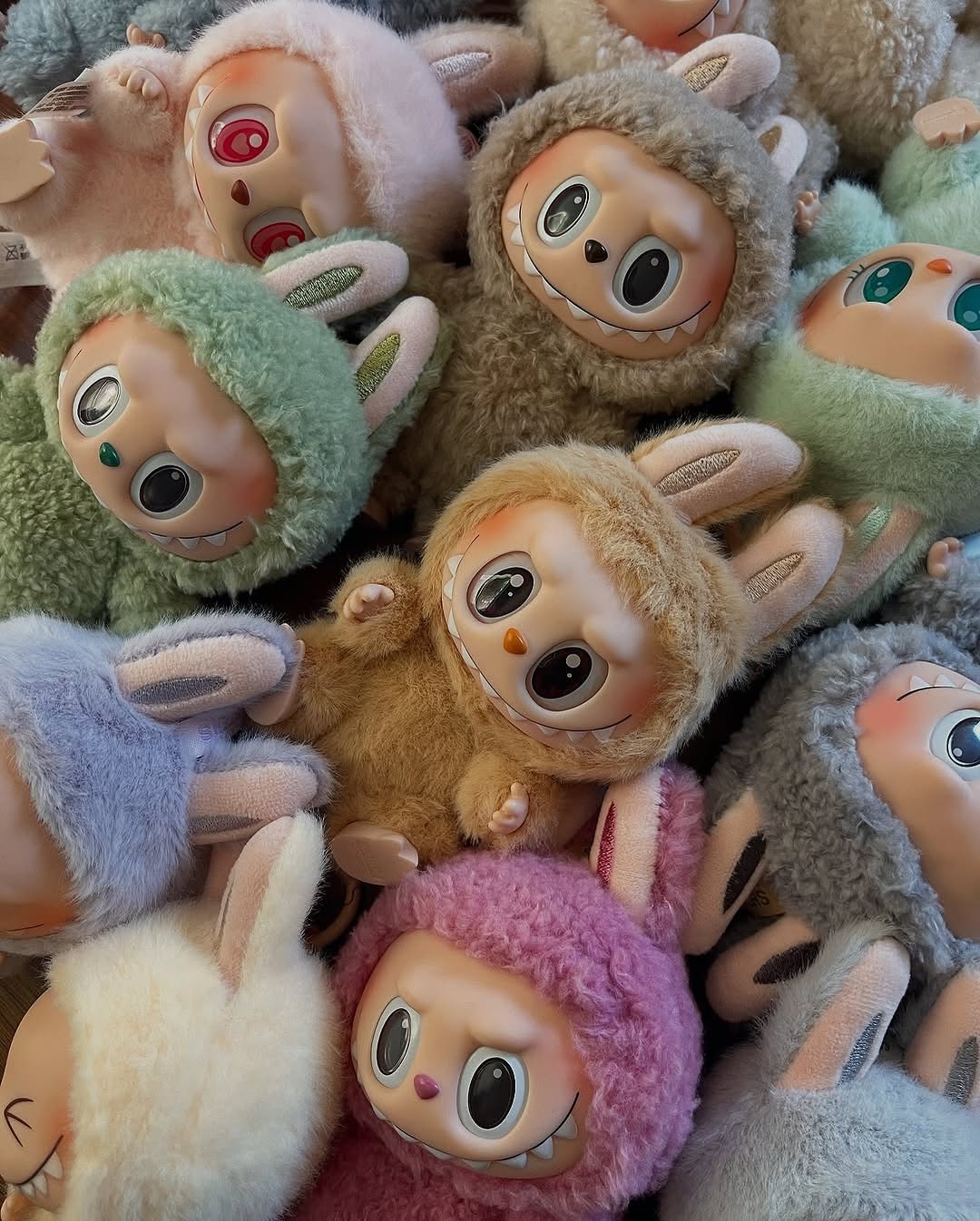
What’s Next: Pop Mart’s Global Expansion
Far from finished, Wang is looking West. Pop Mart is testing:
-
NFTs and digital avatars
-
Animated content based on toy IP
-
Mobile games and virtual collectibles
Wang’s ultimate goal? To make Pop Mart the “Disney of collectible art toys.” And unlike many brands chasing trends, Pop Mart may actually have the cultural capital and creative depth to do it.
Conclusion
Wang Ning is not just building a toy company—he’s building a cultural movement. Pop Mart’s success is rooted not just in clever packaging, but in a deep understanding of aesthetic culture, scarcity psychology, and authentic storytelling. As major brands try (and fail) to copy the model, Pop Mart continues to evolve—and dominate.
Related: "The Robot Decade”: Nvidia CEO Declares AI-Driven Machines Will Rule the 2020s
Related: How Alexandr Wang Became the Youngest AI Billionaire








